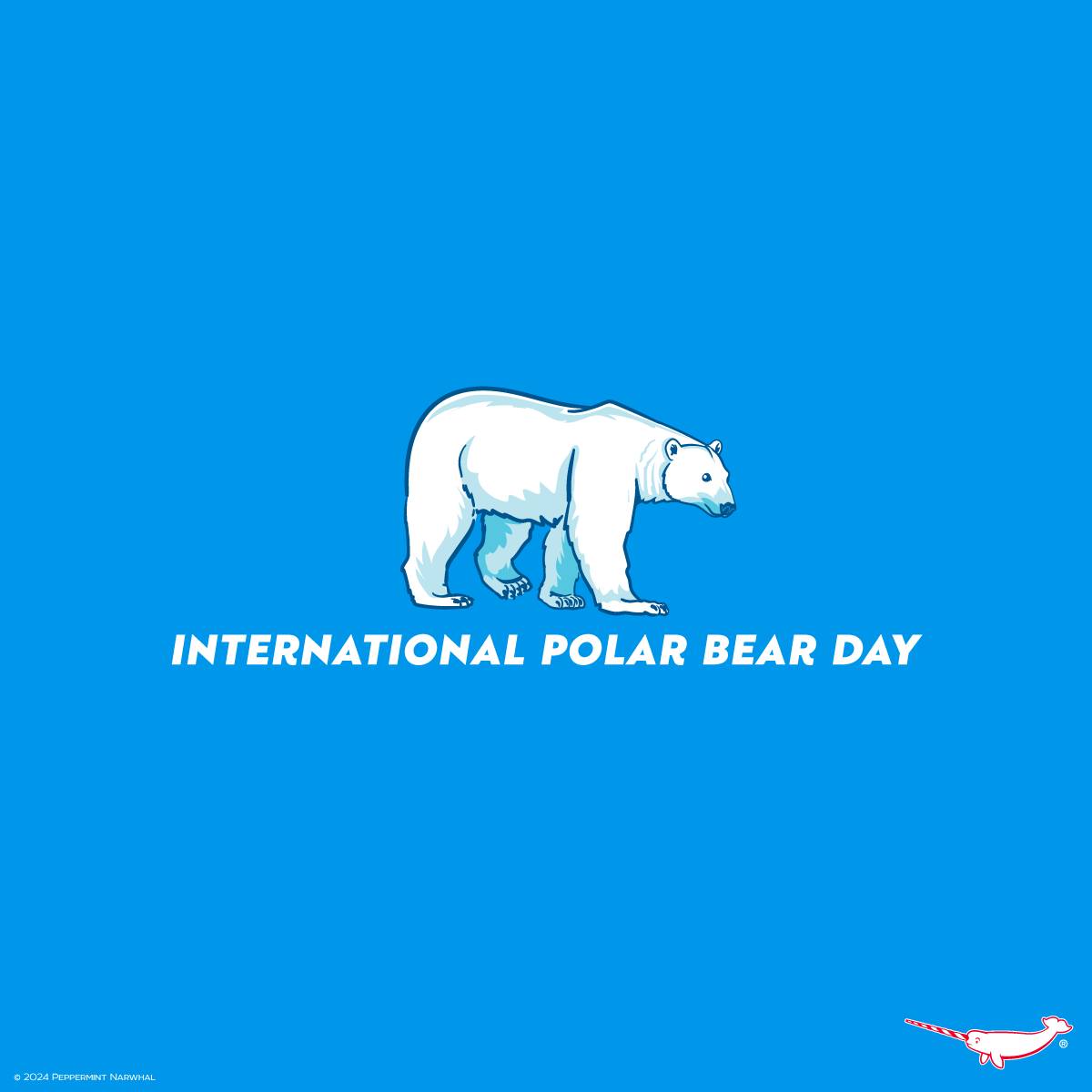1. **The Ecological Importance of Polar Bears**: Understand the vital role polar bears play in their Arctic habitat and how they serve as indicators of the health of the polar ecosystem.
2. **Challenges Faced by Polar Bears Due to Climate Change**: Examine the impacts of shrinking sea ice on polar bear populations, including changes in their hunting patterns, diet, and habitat.
3. **Conservation Efforts for Polar Bear Survival**: Explore the global and local initiatives to preserve polar bears and the challenges in implementing these conservation strategies.
4. **How You Can Help Protect Polar Bears**: Offer practical advice on how individuals can contribute to polar bear conservation through actions and support of research and conservation organizations.
Polar bears are the largest bear species and play a crucial role in maintaining the balance of the Arctic ecosystem. As apex predators, they selectively prey on seals, a significant food source in the Arctic, and help regulate the seal populations, thus ensuring a stable and healthy marine ecosystem. Additionally, polar bears’ dependence on sea ice for hunting platforms makes them key indicators of climate change. As global temperatures rise, the Arctic is experiencing a significant reduction in sea ice volume and stability, making it harder for polar bears to hunt and survive.
The loss of sea ice habitat is the most pressing concern for polar bears in today’s rapidly changing climate. It affects the area available for polar bears to hunt, increases the distances they must swim to find adequate food sources, and forces them to spend more time on land where food is scarce, leading to malnutrition and decreased cub survival rates. Furthermore, it forces polar bears closer to human settlements, increasing human-wildlife conflicts.
Addressing the challenges faced by polar bears requires a multifaceted approach. International agreements such as the Agreement on the Conservation of Polar Bears have established a framework for cooperation on research and conservation of polar bear habitats. Organizations like Polar Bears International have been at the forefront of research and advocacy, focusing on understanding polar bear health, reproductive success, and migration patterns, as well as actively campaigning for the reduction of greenhouse gases to mitigate the effects of climate change on sea ice habitats. Local initiatives, such as community-based programs, aim to reduce human-bear conflicts through secure food storage, bear-proof garbage management systems, and public education campaigns about bear safety and conservation.
Individuals can contribute to the conservation of polar bears in various ways. Reducing personal carbon footprints, supporting renewable energy sources, and advocating for policies that reduce greenhouse gas emissions are critical steps in addressing the root cause of sea ice loss. Supporting organizations like Polar Bears International through donations or spreading awareness can amplify efforts dedicated to polar bear research and conservation initiatives. Choosing sustainably sourced fish and seafood can help preserve the Arctic marine ecosystem, indirectly benefiting polar bears. Participating in citizen science projects and educational programs raises awareness and generates valuable data that can aid in the conservation of polar bears. Providing financial support to conservation projects and eco-tourism initiatives in polar bear habitats ensures local communities benefit from preserving these magnificent animals rather than exploiting them.
*****
Source Description
Happy International Polar Bear Day!
Did You Know? – The Polar Bear (Ursus maritimus) is the largest bear species and the only one classified as a marine mammal. It depends on sea ice to hunt its primary food source, Arctic seals. As the effects of Climate Change increase, sea ice is forming later and melting earlier, and large tracks of sea ice are retreating. The melting sea ice seriously damages the Polar bears’ way of life.
If you love Polar Bears, please support our friends at @polarbearsinternational by visiting https://polarbearsinternational.org. There, you can donate to support their good work and learn more about how you can help protect Polar Bears and the sea ice they depend on to survive.
Polar Bear Merch:
https://www.peppermintnarwhal.com/s/search?q=polar%20bear


